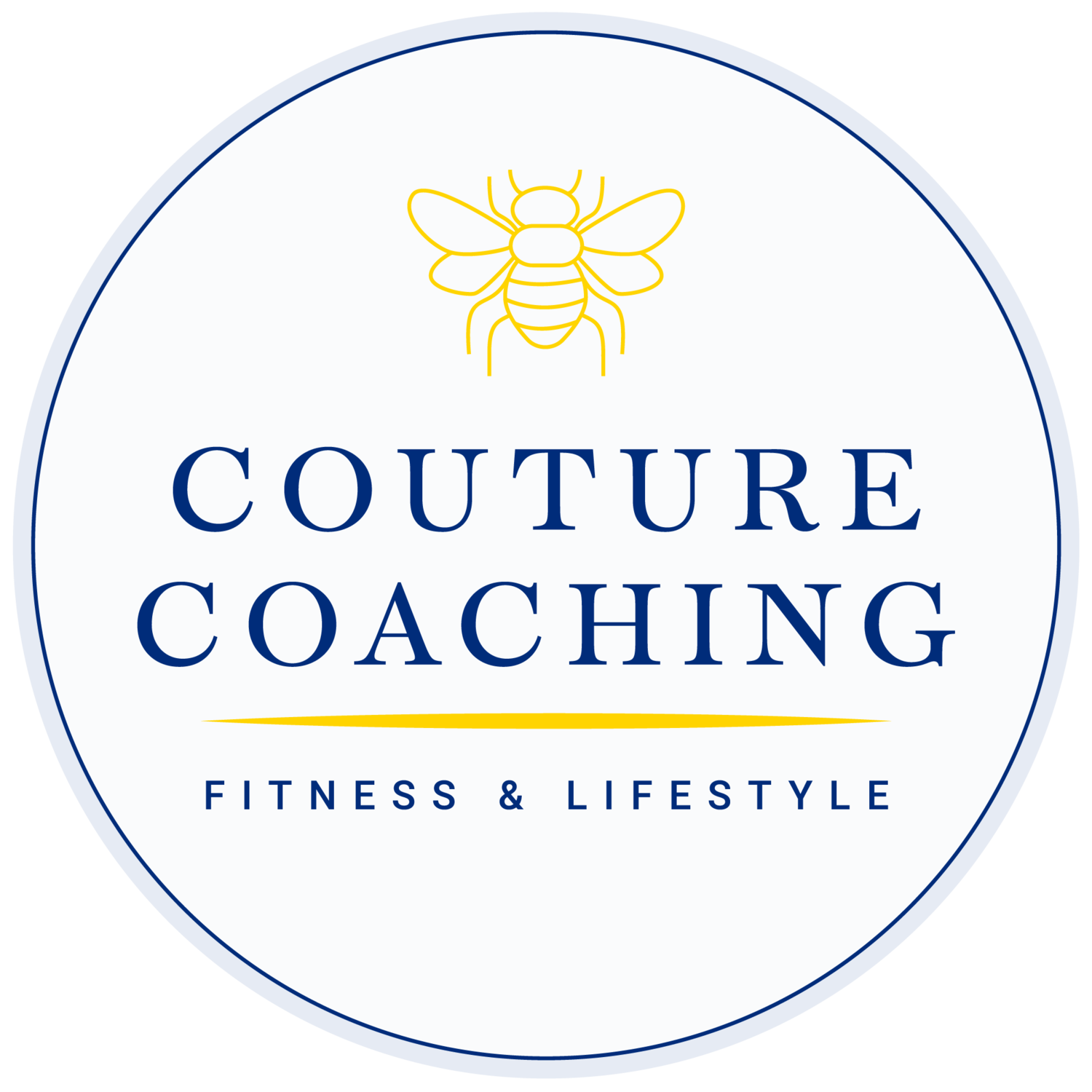Can I Eat More and Lose Weight?
The answer to this question, like many things health and fitness related, is “it depends”. I mentally divide my clients and potential clients into two groups: those who are simply overeating/not exercising properly and those who are actually UNDER-eating and/or OVER-exercising. Believe it or not, fat loss can be stalled by eating too little, especially when it is combined with over-training. It is much more common for women than men to fall into this category, but the same negative effects from over-training/under-eating can be seen in men as well. They are just much less likely than women to fall into this trap.
If you believe you fall into the “under-eating” and/or “over-training” category, keep reading!
Under-eating and Over-training
Typically, when someone initially starts off on a fat loss journey for the first time, they probably have a relatively easy time losing bodyfat. If you have never dieted before and you were eating what would be considered a healthy amount of food for your size, you probably had a fairly healthy metabolism. When you cut your food and/or began exercising for the first time, your body likely responded very positively if you were consistent with your diet/exercise plan.
If you were educated about reverse dieting or got lucky and hooked up with a great coach, you may have met your goal and gradually increased your calories again. However, I have found this to be very rare! What I see much more often is someone losing weight and then being afraid to ever reverse their calories back up in a controlled and healthy manner. When this goes on for months or years, you will likely start to see negative effects from dieting. These can show up as hormonal imbalances, metabolic adaptations, and weight gain (despite doing all of the “right” things).
Let’s take a real-life scenario. We will compare two twins – Person A and Person B. Both are the exact same height (5’3″), weight (130lbs), and age (35). They both have a sedentary job and don’t get a lot of movement in their day except for their workouts. The only real difference in their profiles is that one is has been dieting/exercising intensely for years.
Person A is eating about 2000 calories per day. They lift weights about 4-5 days per week. They perform a semi-intense cardio session (running or equivalent) 2 days per week for 20 minutes. When they want to cut bodyfat, they will be able to achieve good results cutting their calories to about 1600 or 1700 while adding in a bit more cardio. While they will absolutely have to put some effort into losing bodyfat, it certainly won’t be miserable. They won’t be starving or spending hours working out each day.
Now let’s look at Person B. Person B has been dieting and exercising intensely for two years. Currently, they are performing five intense 30-minute cardio sessions per week. They are also lifting weights 2-3 days per week. They are eating much less than Person A – about 1500 calories per day. In order to lose bodyfat, they will have to bring their calories down much lower than Person A (maybe to 1200-1300 per day) while also increasing their cardio from where it already is. Losing bodyfat will take much more effort from Person B than Person A due to what their body has gotten used to.
Which scenario would you rather be in? I think we can all agree we would rather be Person A!
What to do after a diet
Very few coaches have a solid plan for what to do AFTER you meet your fat loss goal. This, in my opinion, is MORE important (and much more difficult) than just helping someone lose body-fat. It is pretty easy to give someone a low calorie plan and watch them lose weight. To keep their metabolism healthy long-term while also allowing them to keep the physique they worked so hard to attain takes a lot more effort and planning. So what should you do after a long period of dieting to keep your metabolism healthy? Ideally, you will begin what is called a “reverse diet”.
As soon as I finish any competition or dieting phase, I immediately begin a reverse diet after I’ve hit my goal.
Reverse Dieting
I was first introduced to the concept of reverse dieting many years ago by Dr. Layne Norton. (His site, www.biolayne.com, has been a wealth of information for me for many years.) Reverse dieting is simply the opposite of dieting. In a reverse diet, instead of decreasing your calories, the point is actually to increase your calories. Now this doesn’t mean that if you aren’t losing weight to go out and have a major calorie-fest! However, if you have been dieting for a sustained period of time and you feel that you have stalled despite sticking to a strict diet and exercise plan, you may need to reverse diet. Doing so can be really scary for someone who has gotten used to eating lower calories. If you are afraid to go it alone, I recommend hiring someone who can be objective and keep your long-term health in mind to help with this process.
Yes, you can fit a burger into your diet and still be in great shape!
What does the research say?
This is an area of nutrition that is just now being studied. As more and more people begin to purposely under-eat, I believe we will start to see more research in this area. There are, however, some recent studies that support the fact that under-eating will slow down your metabolism and cause negative adaptations. This article in PubMed discusses how losing weight slows down your metabolism. It also mentions Biggest Loser contestants and what they tend to face after leaving the show. Individuals on this show are in an extreme calorie deficit. They typically lose a very large amount of weight in a short time. Many of these contestants, sadly, regain the weight they lost. Part of the reason for this is due to the damage they did to their metabolism while on the show. Another PubMed article discusses these same effects and talks about the importance of dieting in a slow and controlled manner (i.e. not crash dieting by starving yourself).
This model could not have achieved her beautiful physique by starving herself.
So, can I actually eat more and weigh less?
For those of you who are in the under-eating category, the answer to this post’s title of “can I eat more and lose weight” could very well be “YES”! If you are in the under-eating/over-training rut and are still unhappy with the way you look, you can absolutely end this cycle. For women, getting over the fear of eating enough can be just as hard, if not harder, than learning not to over-eat.
If your calories are already low and you are wondering how you can possibly get them any lower to lose weight, that should be a sign that you should not lower your calories, but instead, increase them. I personally have experienced some very positive effects from reverse dieting including healthier hormones, a noticeably faster metabolism, and a good response when I do want to lose a few pounds. While increasing calories after months or years of restricting them can be scary, if it is done properly, you shouldn’t see a tremendous amount of weight gain. In fact, some people actually lose weight when reverse dieting. While I wouldn’t say this is the norm, it is more common than you might think. Regardless of what your weight actually does during a reverse diet, your end goal should be to get your metabolism back up to healthy levels. This will set you up for success in any future dieting phases you attempt.
Let us help you boost your metabolism! Book a free strategy call —or email We’ll set up a 15 minute call to discuss your goals and dieting history and help develop a customized plan that allows you to eat more (really!). We’ll also talk about how you can exercise to build calorie-burning muscle. The Couture Coaching Team wants to help you create a body you love—for life!
Want more metabolism-boosting ideas?
*Join our private Facebook Group (Boost Your Metabolism After Age 30)
*Listen to our podcast
*Follow us on Instagram
*Get our free video on how you can increase your metabolism
Click the links below to learn more about our programs:
*self-paced Master Your Metabolism Online Course.





